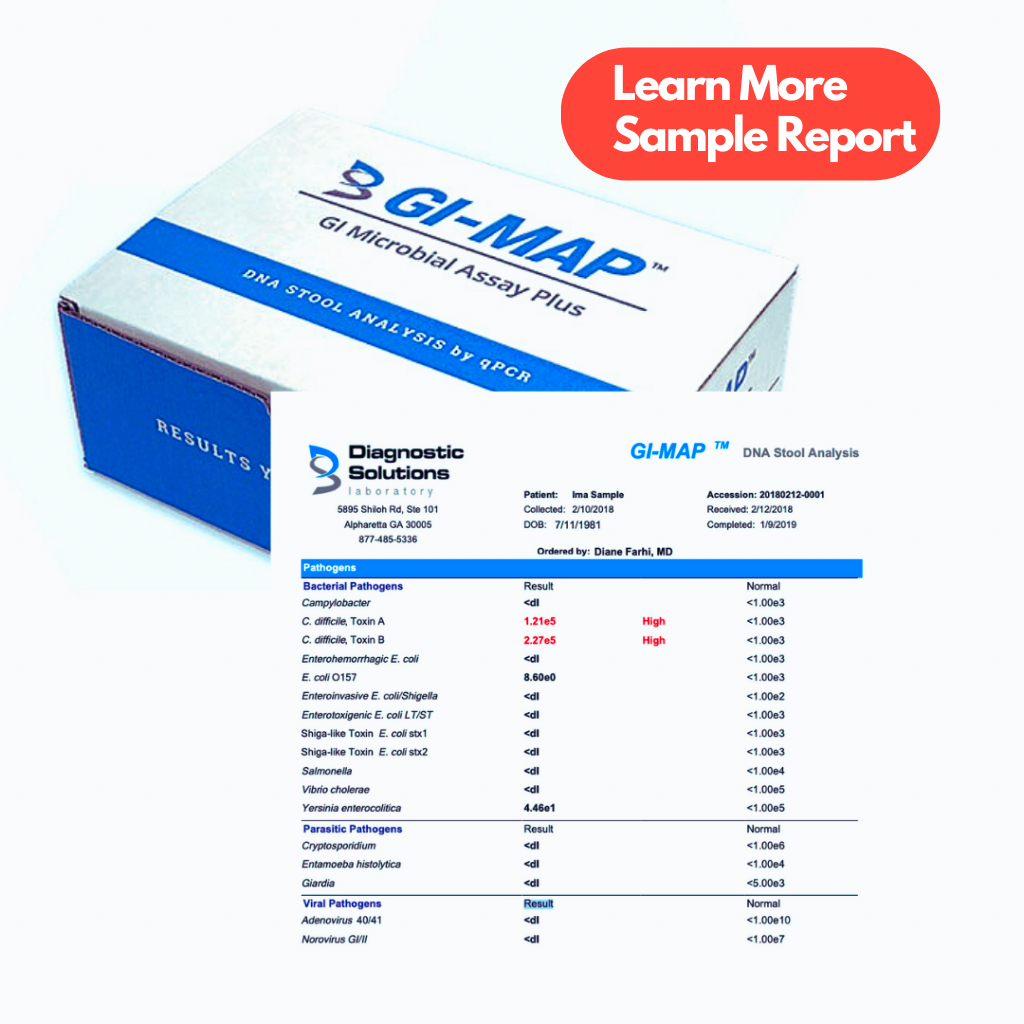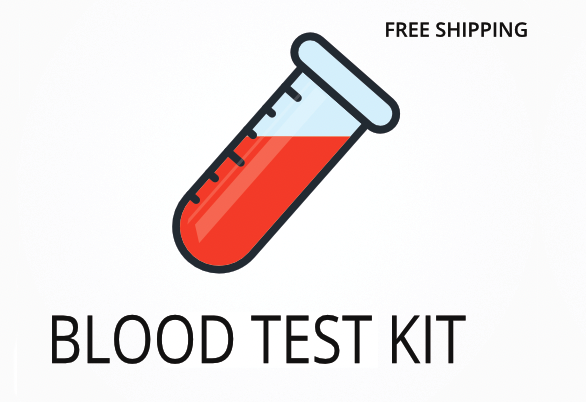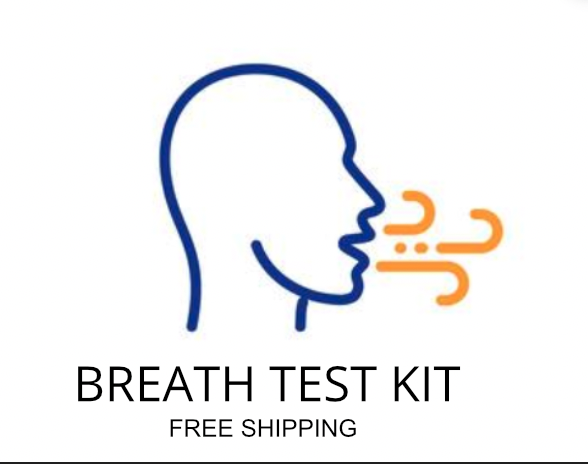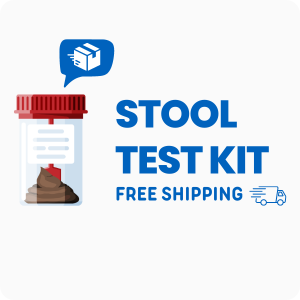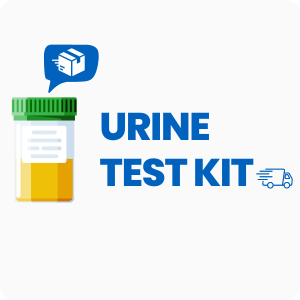MRT 176 | GI-MAP | Leaky Gut Bundle- Canada Only
GI-Map Stool Test (Full Details | Sample Report)
The GI-Map stool test by Diagnostic Solutions Laboratory uses advanced DNA probing technology to help give you the most accurate results. Traditional stool testing methods allow viruses and bacteria to die before being tested resulting in poor accuracy.
Knowing the health of your gut microbiome (good bacteria) is critical since imbalances can cause many long-term gut issues. The GI Map is perfect for understanding normal gut flora.
One of the most useful features of the GI-Map stool tests is the ability to test pathogenic (disease-causing) bacteria in your gut and test their genes to determine if they are resistant to certain antibiotics. Knowing this can help you and your doctor choose the right antibiotic if necessary.
MRT Food Sensitivity Test (Full Details | Sample Report)
Traditionally, food sensitivities are tested by looking for antibodies to different foods in the blood. To get accurate test results, the person must have consumed enough of the food for a period of several weeks to produce enough antibodies for testing. This is ok if you currently eat the foods being tested and you don’t have a compromised immune system (taking steroidal anti-inflammatories, have autoimmune concerns, digestive issues, etc.). Food sensitivities are also more complex than just antibody production.
There are many other inflammatory chemicals the immune system can produce that promote sensitivities. This is where the MRT test comes in. The MRT uses a much different, and more accurate, technique to identify type 3 and type 4 food sensitivities. The test also includes 30 food chemicals and additives to make sure you stay clear of those that impact your health the most. The MRT results also come with a wallet-size card with your sensitivities on them so you have a quick reference while grocery shopping.
How Does the MRT Test Work?
The MRT test works by measuring the volume change of white blood cells when they are exposed to different foods. The more the cells are “empty”, the higher the assumed reaction. This is helpful since you don’t have to consume the foods and it can still be mostly accurate for those who have immune challenges.
Leaky Gut Lab Test (Full Details | Sample Report)
The Leaky Gut Test (or Intestinal Permeability Test | full details) is a noninvasive gastrointestinal test that measures small intestinal absorption and barrier function in the bowel. Malabsorption and increased intestinal permeability (leaky gut) can be associated with chronic gastrointestinal imbalances.
How Does the Leaky Gut Test Work?
The Leaky Gut Test requires you to take a baseline morning urine sample (done at home). Once completed, you will be required to drink a mixture of two non-metabolized sugars, lactulose, and mannitol. After six hours, you will collect an additional sample of urine. The lab will measure how much lactulose and mannitol were excreted.
If Leaky Gut Syndrome is NOT present, the large lactulose molecules should remain in the GI tract and thus test low in the urine. If the count is high in the urine, Leaky Gut Syndrome should be considered.
Possible Causes of Leaky Gut:
- Intestinal infection (suggested panel)
- Ingestion of allergenic foods (suggested panel)
- Trauma
- Toxic chemicals (suggested panel)
- NSAIDs such as aspirin, ibuprofen, naproxen etc.
How Can The Leaky Gut Test Help?
The Leaky Gut Test is essential when beginning restorative treatment plans. As intestinal health improves, the lactulose/mannitol ratio should improve.
Medical Review Board
Reviewed by Jeff Donohue M.D. from Body Logic and Brady Hurst DC, CCCN. Written by True Health Lab’s team of editorial health contributors.
Disclaimer: This information is for educational purposes only and not intended as medical advice. Consult your healthcare provider for personalized guidance.
Why Customers Trust True Health Labs - What People are saying
Also rated 4.6 out of 5 based on 3452 ShopperApproved reviews- See all TrueHealthLabs.com reviews.



